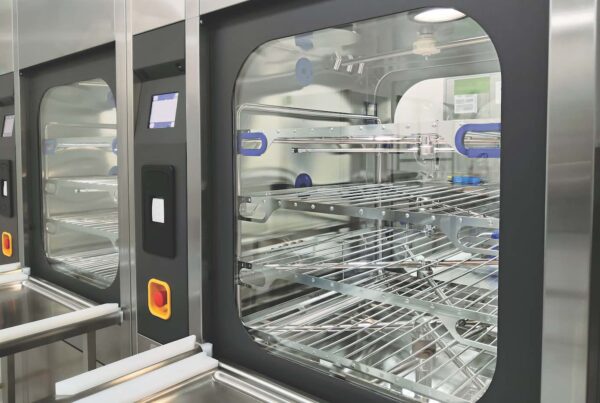Last updated January 19, 2025
Summary
A 316-bed community hospital in Belleville, Illinois, faced supply chain inefficiencies, including unavailable items, excessive costs, and poor inventory management in the OR. To address this, Surgical Directions leveraged various strategies to improve purchasing processes, resulting in high-dollar savings.
Situation: Supply Chain Inefficiencies
A multitude of issues in supply chain were causing high costs and inefficiency in the operating rooms at Memorial Hospital. Surgeons often didn’t have their preferred items during a procedure, the cost of many supplies was excessive, staff often couldn’t locate supplies within the ORs and supplies were frequently unavailable. Underlying all of these issues was siloed information among the various roles and responsibilities involving with contracting, purchasing and management of supplies.
Strategy: Interim leadership placement and standardization of product procurement process.
To drive immediate improvement, Surgical Directions placed an interim full-time materials manager on site at the hospital for one year to oversee the entire scope of supply purchasing. The interim manager ensured that purchases were in compliance with rebate programs and pricing in compliance with contractual terms negotiated with manufacturers and distributors.
Equally important, Surgical Directions initiated a value-analysis committee that focused solely on evaluating supplies for perioperative services. Under the new process, only surgeons can request new products by providing rationale to the committee. The committee then decides whether to add the product based on its benefits and pricing, along with whether the product is reimbursable or conflicts with existing products.
In addition, Surgical Directions:
- standardized supplies
- decreased par levels
- revised surgeon preference cards
- placed high-dollar, low-volume products on consignment
- implemented a new inventory system for easy access to and replenishment of supplies
Results
Significant overpayments were identified. We found $415,000 in overpayments to vendors, resulting from expired contracts and non-compliance with GPO and local contractual agreements. Surgical Directions also identified $417,000 in savings through price negotiation, adherence to contractual terms, and standardization and reprocessing of supplies.
Performance dashboards were created.
To sustain improvement, Surgical Directions created performance dashboards that provide monthly reports on contractual compliance of supply purchases. This enables purchase prices to be reviewed regularly to ensure that Memorial Hospital will continue to get the best value with its purchases.
Contractual compliance was ensured.
An additional $1.8 million in savings was projected over the next five years generated through savings from adjusted overpayments, improved contractual compliance, price negotiation, standardization and reprocessing of products, and improved inventory turnover.



